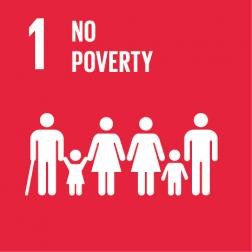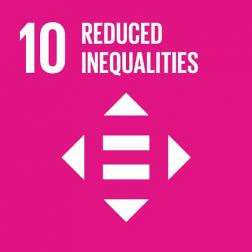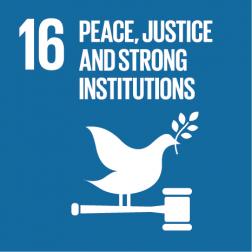General information
Title
Public Financial Management and Accountability
ID
XM-DAC-2-10-3016242
CRS ID
2014016242
Start date
End date
Activity status
Completion
Budget
€2.864.821
Actor
uk Department for International Development (DFID)
Country
CONGO (DEMOCRATIC REP.)
Sector
Government and civil society - Public finance management
Policy markers
Gender 1
Good Governance 1
Aid type
Project-type interventions
Priority partner country
Yes
Fragile state
Yes
Least developed country
Yes
Budgetline
54 11 545243 Delegated cooperation (ex Other forms of governm. co-op.)
Finance type
GRANT
Tied status
No
Flow type
ODA
SDGs
Body
General
Renforcer la crédibilité, la transparence et la redevabilité dans la gestion et l'utilisation des finances publiques congolaises aux niveau central et provincial. Need. DRC has one of the weakest PFM systems in the world. However, since 2010, significant progress has been made on the legal and regulatory front. A public financial management act (Loi relative aux Finances Publiques, LOFIP) was adopted in 2011 and the new government, which was appointed in May 2012, has shown strong commitment to deepening PFM reform.
A PEFA exercise conducted in 2012, a political economy analysis of PFM reform, and the recent agreement of a partnership framework for donor-government coordination on PFM, all provide a foundation upon which DFID can effectively support an essential set of reforms. Budget execution, provincial level PFM reform and transparency and accountability have been identified as key issues and opportunities for increased donor support. These are the main areas of focus of this programme.
Complementarity with other donors. Although donor support to PFM reform increased significantly in 2011, a number of programmes ended in 2012 and 2013. The government needs predictability and commitment from donors in the medium term if it is to implement complex and far-reaching reforms. The proposed focus areas of this programme (budget execution, external accountability and three provinces) are not currently being supported by other donors.
By creating a multi-donor trust fund to support PFM reform, this programme also represents a step-change in the modality for donor coordination in the sector. It builds on the existing government strategy, priority action plan, and coordination structures set up through DFID DRC’s previous programme to move closer to a sector wide approach and set up a coordinated financing mechanism. This mechanism aims to progressively replace the multiplicity of donor projects, thereby minimising transaction costs and duplication and contributing to a more effective donor-government dialogue.
Lessons learnt from previous programmes. DFID DRC has experience in supporting PFM donor coordination, external control and PFM reform at provincial level since 2008. The PFMA programme represents a 16% increase in the annual amount spent by DFID DRC on PFM issues compared to 2008-2012, but intends to significantly enhance value for money and effectiveness through a more coherent approach (one programme instead of three); building synergies between central, provincial and sector level reform; and adding a strong focus on transparency, accountability and external oversight in order to foster the right incentives. It also aims at enhanced risk management, through strong preparatory work, built-in programme flexibility, and a strong focus on building evidence and lesson learning.
Added value to DFID DRC programmes and objectives. The proposed programme will provide significant added value to DFID DRC’s interventions in health, education and security/police, by providing a link between central level PFM reforms and the institutional strengthening components of sector programmes. Strengthened government capacity to manage and implement its budget in these sectors is crucial to sustaining results in these sectors and achieving DFID’s long-term transformational objectives in DRC. Links will also be established with DFID’s media programme on external accountability and transparency and with the Tuungane community driven reconstruction programme on participatory budgeting approaches.
Finally, this programme is a key pillar of DFID DRC’s governance and anti-corruption strategies, addressing the need to strengthen core state functions and strengthen transparency and accountability at national and provincial level.
Results
Composante 1 : Appui au niveau provincial à la réforme de gestion des finances publiques, en Equateur, Kasaï Occidental et du Nord-Kivu,, y compris l'augmentation du recouvrement des recettes et la mise en place d'un budget crédible, de dépenses et de production de rapports.
Composante 2 : Appui à la réforme de la GFP au niveau central, en se concentrant sur la réduction des fuites dans l'exécution du budget et le renforcement de la coordination des donateurs.
Composante 3 : Soutien à un contrôle externe de la FFP, par le soutien aux actions de l'Assemblée nationale, l'institution supérieure de contrôle, et la participation du citoyen et de la société civile dans la budgétisation, le suivi et le contrôle du projet.




